
Though I’ve worked in D.C. for over ten years, I know very little about politics.
I’m a biologist by training. My colleague and partner-in-scanning, Phil Katz, is a historian. This inevitably shapes our reading, if only because we gravitate to sources we’re familiar with. When it comes to the STEEP categories of change—Social/cultural, Technological, Economic, Environmental and Political—I give us high marks on S T and the eco E, and a passing grade on economics (I’m still learning to read the NYT business section). But we struggle to give adequate coverage to political trends.
This November the U.S. will experience a classic disruptive event that falls into the category of “we know when it will happen, but not what.” (As opposed to, say, the eventual mega-quake that will devastate California. We know pretty much what will happen with temblor of magnitude 7 or greater, but not exactly when it will happen.) In the months leading up to the election, Phil and I want to spend some time imagining how the outcome will affect the path of museums into the future, as well as examining the trends that create the political climate in which the election takes place.
So, in an effort to beef up our politico-scanning, Phil and I sat down last week with AAM’s new assistant director of political relations, Ben Kershaw, to identify some blogs to add to our radar. I’m sharing them here in case you want to follow them, too. Here’s what we are starting with:
Skip over related stories to continue reading articleEzra Klein’s WonkBlog on the Washington Post website, regularly features essays by Suzy Khimm (budget/financial regs), Sarah Kliff (health care), Dylan Matthews (taxes, poverty, higher ed), and Brad Plumer (energy/environment). When Ezra started Wonkblog almost a year ago, he wrote that one of his goals was to “cover the stories that aren’t leading the evening news, but perhaps should be.” A quick skim of recent posts included coverage of immigration, reproductive health, economic policy and the presidential campaigns. (After a morning of heavy political slogging, I appreciate the humor provided by their Lunch Break column, which features lots of cute animals, like this corgi frolicking in a waterpark, and kids, who do an awesome job of video narration, given the chance.)
I’ve also signed up for The Agenda from the National Review Online. The most recent post, when I first visited the site, explored the origins of Paul Ryan’s belief that social assistance discourages people from working. Conservative credentials confirmed—It should provide some balance for WonkBlogs relatively liberal slant. Out of curiosity, I did a quick search to see if any of their content addresses our field in particular. A post from a couple weeks ago points out that the “army of nonprofit employees could prove a bulwark of opposition to tax reform” since they constitute one tenth of the American workforce, and control assets almost equal to that of state and local governments combined.
To further ensure coverage from all parts of the spectrum, I’m now tuned into Real Clear Politics, a content aggregator site that describes itself as “the trusted source that sets your political agenda each morning by selecting the must-read stories and analysis from every side of the debate.” And Phil has added Watch Blog, which makes its “balance” graphically clear with a three column format that sorts commentators into “Democrats and Liberals,” “Third Party and Independents” and “Republicans and Conservatives.” (Though I find it kind of depressing that the three feeds are separate subscriptions, facilitating the increasing tendency of Americans to filter their news to fit their existing beliefs.)
So, that’s what’s new in my newsfeed, starting this week. What would you add to our roster? Please use the comments section below to share your favorite (most informative, thought-provoking, easy-to-understand-for-non-wonks) news sources and blogs, and political tweeters. And if you see specific stories related to political trends or forecasts you think we should feature in Dispatches from the Future of Museums, email a link to me or Phil. Thank you!


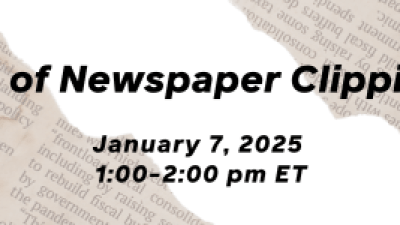

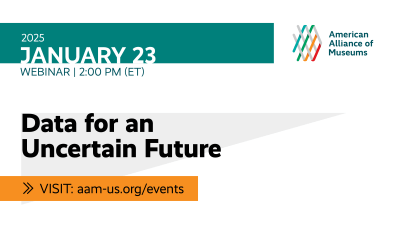
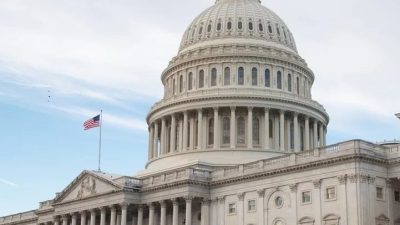
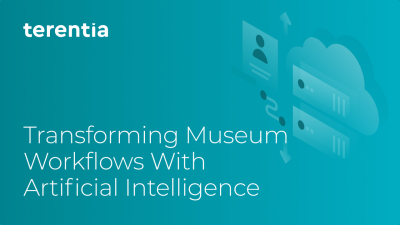
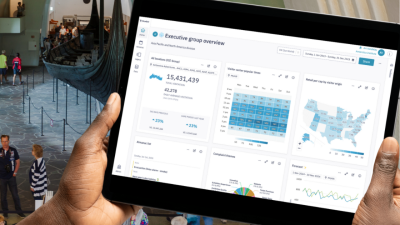

Comments